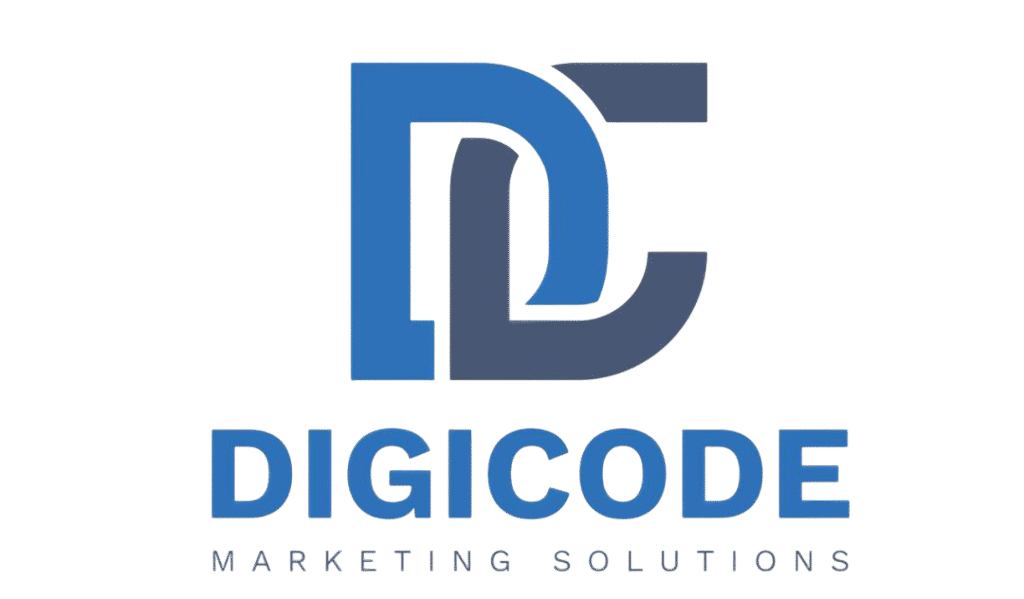In a fast-paced digital world, the education sector faces unique challenges when it comes to marketing. Whether you are a school, academy, online learning platform, or private tutor, reaching the right audience and standing out in a crowded educational landscape requires carefully considered strategies.
In this article, we will review the best marketing strategies designed specifically for the education sector, helping you build brand awareness, attract potential students, and grow your educational institution.
Before launching any marketing campaign, it is essential to clearly identify what sets your educational institution apart from others.
Ask yourself the following questions:
- What does your institution offer that others do not?
- What are your core values?
- What problems do you solve for students and parents?
In order to stand out from your competitors, you must identify your unique selling points so that you can present them directly to your target audience and make them the focus of all your marketing plans.
1- A digital interface that reflects your identity:
With the smartphone revolution, having an online presence is no longer a luxury, but a necessity for educational institutions of all kinds.
Your website is often the first point of contact between you and potential students, so make sure it is:
- User-friendly: Easy to navigate with clear information about your programs, the registration process, and contact details.
- Mobile-responsive: The site should be compatible and fast to load on mobile devices.
- Search engine optimized (SEO): Implement an effective SEO strategy to ensure your institution ranks high in search engine results. Use relevant keywords such as “best online academies” or “school admissions” to attract the right audience.
Don’t forget to include clear calls to action (CTAs) throughout the site to encourage visitors to sign up for newsletters, book a tour, or register online.
2- Content marketing:
As an educational institution, content marketing is your playground.
Leverage this advantage by creating high-quality, informative content that showcases your expertise in the field. This content may include:
- Blogs: Write about topics that matter to your audience, such as tips for academic success, guides for parents on choosing the right school, or industry trends in education.
- Webinars and virtual workshops: Offer online events to provide added value to prospective students and their families, while highlighting your programs.
- E-books and guides: Offer downloadable resources that provide in-depth information about your educational offerings.
The goal is not only to provide valuable content, but also to reinforce your institution’s position as a leader and reference in the field of education.
3- Social media marketing:
Social media is a powerful tool for interacting with current and prospective students.
Platforms such as Facebook, Instagram, LinkedIn, and YouTube are ideal for educational institutions to showcase their programs, share success stories, and highlight the institution’s culture and values.
- Create engaging content: Share student stories, behind-the-scenes videos, or live Q&A sessions with teachers.
- Launch paid ads: Use targeted ads to reach specific audiences such as parents looking for schools or professionals seeking online courses.
- Engage with your audience: Respond to comments, answer questions, and participate in relevant conversations to build a sense of trust and belonging.
4- Email marketing:
Email marketing is a direct and effective way to communicate with prospective students, parents, and alumni. Create segmented mailing lists based on different stages of the customer journey and send targeted messages such as:
- Welcome messages to new subscribers.
- Invitations to open houses or virtual tours.
- Updates on application deadlines or scholarship opportunities.
Personalized emails that address the needs and interests of recipients are more effective in attracting and converting audiences.
5- Video marketing:
In the education sector, video marketing can be a pivotal element.
Visual content attracts audiences more, and prospective students or parents are more likely to engage with your institution through interesting videos.
- Student and teacher testimonials: Showcase real stories that highlight the experiences of students and teachers at your institution.
- Educational content: Create educational videos or short lessons to give a glimpse of what students can learn from you.
Videos can be posted on your website, social media pages, and even in email campaigns, making them a versatile and effective marketing tool.
6- Collaborate with influencers:
Influencer marketing is an effective way to promote educational institutions.
You can consider collaborating with:
- Influential alumni: Alumni who have achieved great success can be powerful ambassadors for your institution. Feature them in your campaigns or invite them to share their experiences on social media.
- Bloggers or YouTubers in the field of education: Collaborate with bloggers or YouTubers who focus on education to promote your institution to their audience.
Finally, don’t forget to track, analyze, and improve
The most effective marketing strategy relies on continuous tracking and improvement. Use tools such as Google Analytics and social media insights to measure the performance of your campaigns, evaluate engagement rates, analyze traffic, and achieve conversions.
By constantly monitoring data and making necessary adjustments, you can continuously improve your campaigns and ensure they align with your educational institution’s goals.
Educational institutions face unique marketing challenges. With the right strategies, give your institution the opportunity to thrive.
Focus on showcasing your unique selling points, building a strong digital presence, and using content marketing and social media.







1 Comment
A WordPress Commenter
Hi, this is a comment.
To get started with moderating, editing, and deleting comments, please visit the Comments screen in the dashboard.
Commenter avatars come from Gravatar.